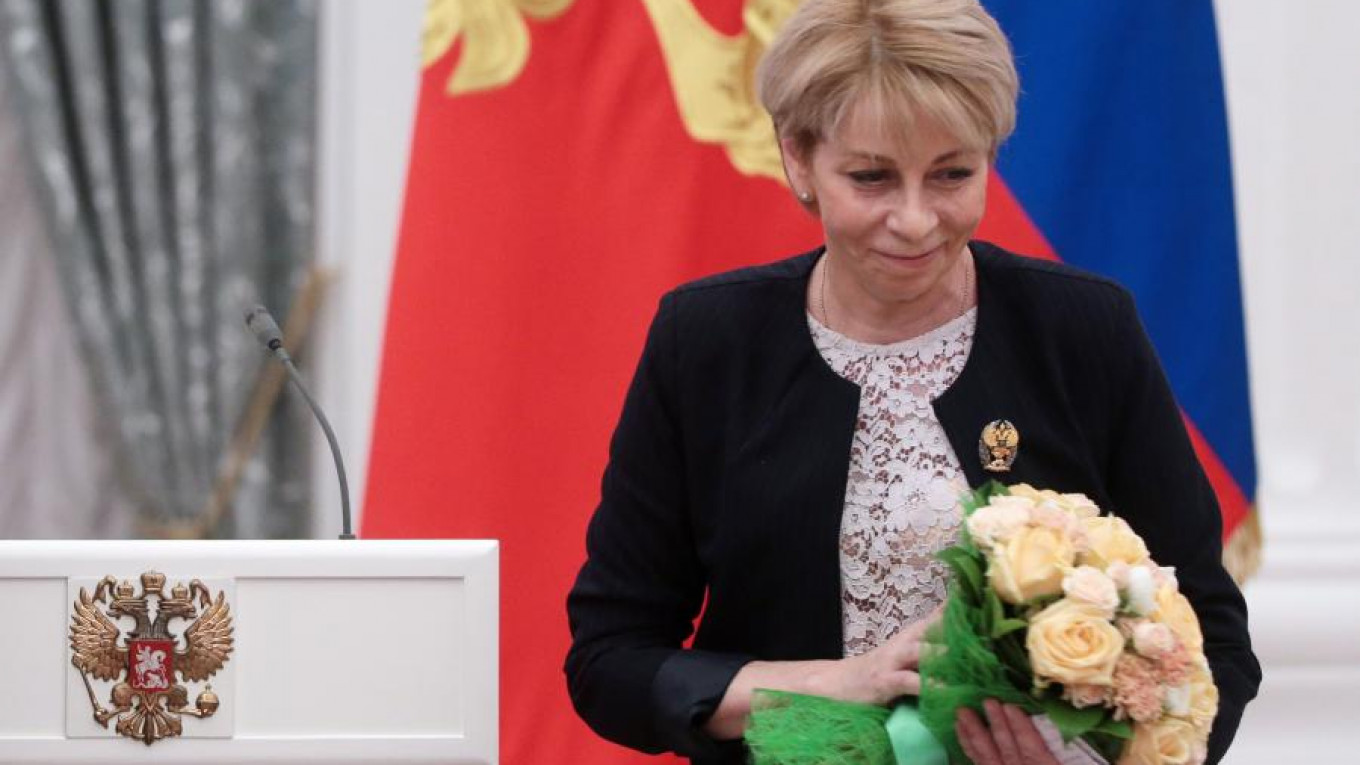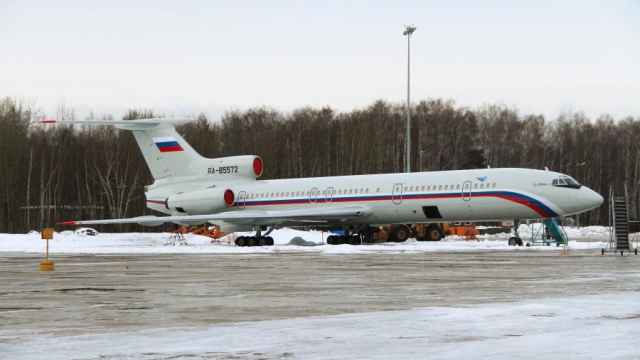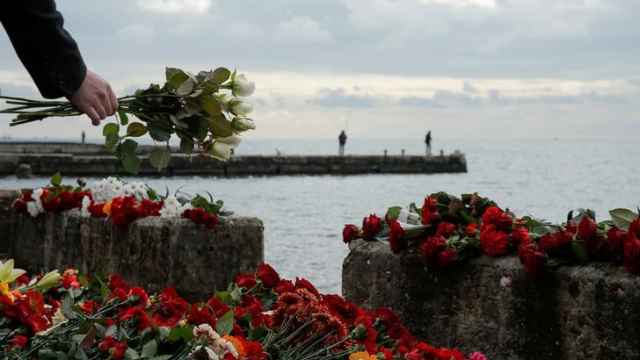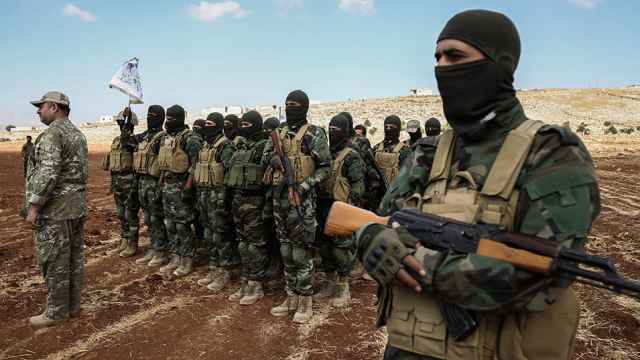In the first hours after Sunday's Tu-154 plane crash, there was still hope. The earliest news had reported Elizaveta Glinka dead, but others expressed caution. It was, after all, not immeditely clear that Glinka, founder of the Spravedlivaya Pomoshch (“Fair Aid”) foundation and a famed humanitarian, was actually on board the plane that had just crashed into the Black Sea.
“Dr. Liza didn’t board the plane, even though she had checked in,” Anna Federmesser, president of the Vera hospice foundation, wrote on Facebook on Dec. 25.
By the afternoon, all that hope was gone. Glinka’s husband, Gleb, confirmed to the media that Dr. Liza – that’s what everyone called her – was on the plane, and had most probably died in the crash.
Russia had lost its most prominent human rights activist, a woman who made it her business to help people others considered to be unhelpable.
Feeding the Homeless
Dr. Liza became widely known in the early 2010s, when she began to help Moscow's homeless, a social group few cared about. Glinka’s involvement started out as a coincidence. At the time, the illustrious United States-educated doctor was more interested in palliative and hospice care for terminal cancer patients.
Glinka recalled her first work with the homeless in an interview with the Snob magazine in November 2012:
“I was once asked to examine a homeless guy with cancer. I set off looking for him, but couldn’t find him. Instead I found a whole town near [Moscow’s] Paveletsky train station where these desperate people lay in cardboard boxes and tried to keep warm. Some were missing arms or legs, some ill, some frozen," she recalled. "It was horrifying. I told them: I’ll come back next week, I don’t have that many meds for you right now."
Glinka and her colleagues started coming to the Paveletsky train station every day with food, medications, and clothes for the homeless. The authorities, Dr. Liza complained, weren’t happy about it: The neighborhood was quite central, and Glinka’s food truck attracted more and more homeless people. Facing official opposition, she refused to give up, and moved the improvised kitchen to her office.
Coming from a wealthy family, Dr. Liza was often accused of self-promotion and hypocrisy. Critics pointed out that she was always well-dressed and drove a Mercedes. “But does working with the homeless necessarily warrant wearing rags?” she said in the same Snob interview.
Those who knew her insist she genuinely cared about everyone she tried to help.
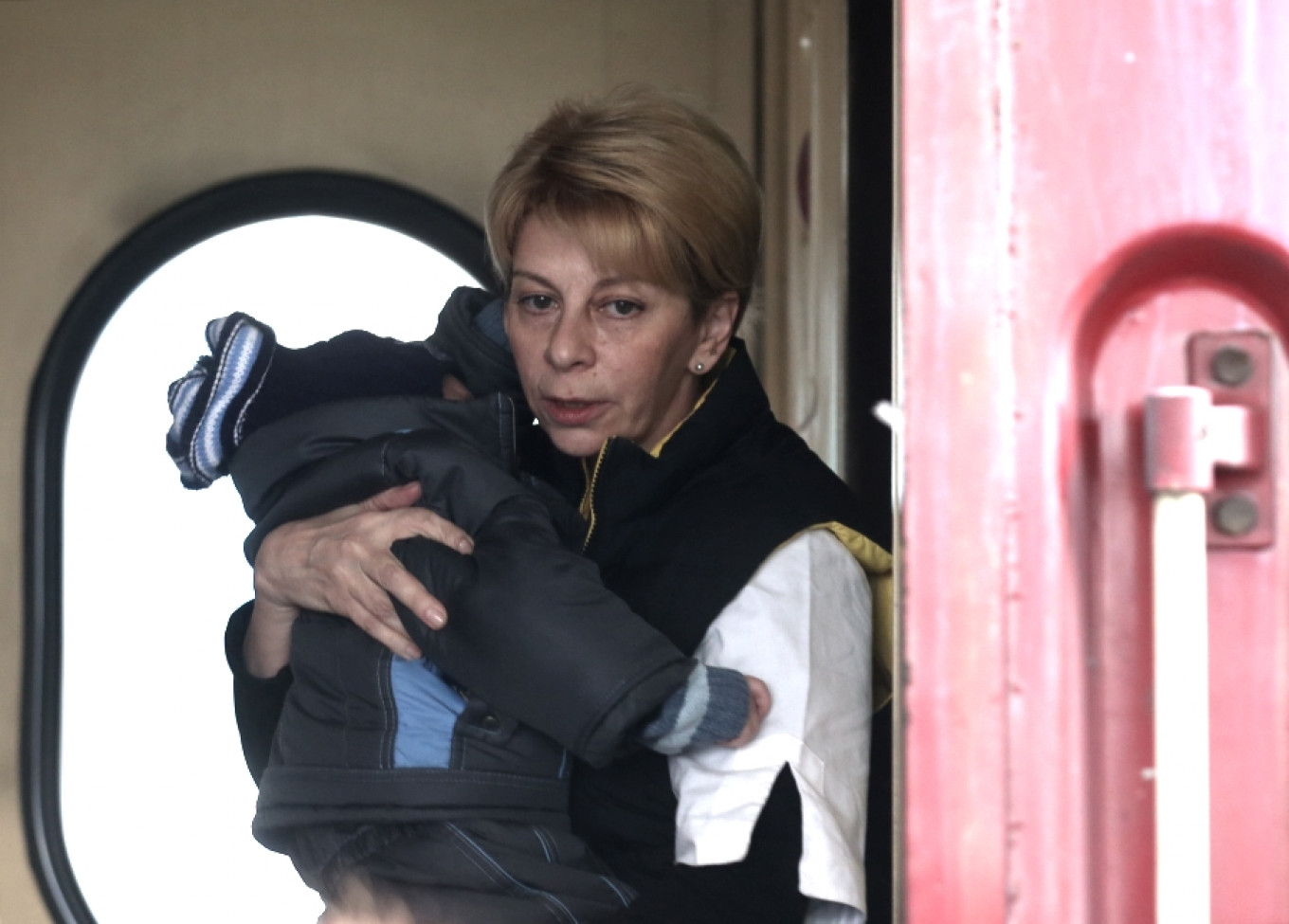
Children vs. Politics
Dr. Liza was there when Russians needed help. She fundraised for people who lost their homes in the unprecedented 2010 wildfires and during the notorious 2012 flooding in the southern Russian town of Krymsk. In 2014-2015, as conflict dragged on interminably in eastern Ukraine, she went there too, returning to Moscow with sick, wounded, and scared children.
Her actions sparked controversy in Russia and beyond. Glinka was supporting Putin’s regime and his undeclared war with Ukraine, her critics alleged. Glinka was using children for PR, patching them up in Moscow, and sending back to Donbass, they roared. The same outrage accompanied her trips to war-torn Syria, where she also tried to help children.
Dr. Liza was not deterred by the criticism. In an authoritarian regime like Russia’s, any genuine social activity tends to turn political. But she was a sophisticated kind of an activist who avoided politics. Dr. Liza worked without prejudice, separating social ills from political decision making, and doing her best to help those who were, indeed, suffering.
“We human rights advocates have nothing to do with politics,” she said on Dec. 8, while accepting an award from the president. “It is very hard for me to see the dead and wounded children of the Donbass, the sick and dying children of Syria."
She said her upcoming work would take her to Donetsk and then to Syria with a team of volunteers.
Her next words proved prophetic:
"We are never sure that we are going to come back alive – because war is hell.”
She Made Miracles Possible
That same apolitical, non-partisan approach led her to board a Russian military plane heading to Syria on Sunday. She was on the Tu-154 aircraft because she was transporting medications for a children’s hospital in Syria.
“A successful doctor, a beloved and loving wife, a happy mother of three, Liza didn’t have to fly to Syria a week before the New Year,” Katerina Gordeyeva, Glinka’s friend and a journalist for the Meduza news site, wrote in an obituary. “She could have just organized the transfer of these medications. […] Her personal presence on the plane wasn’t necessary.”
Journalist and philanthropist Natalya Loseva told Meduza that Glinka acted independently of external circumstances. “Her actions only depended on whether there were people in need of help," she said, describing Glinka as "a radar for pain that always worked.”
“She made miracles possible,” Boris Altshuler, a member of the Helsinki human rights group, told the Pravoslavie i Mir charity website. “She’s one of those rare people, immune to political discussions and arguments. She just goes about her business of helping people.”
A Message from The Moscow Times:
Dear readers,
We are facing unprecedented challenges. Russia's Prosecutor General's Office has designated The Moscow Times as an "undesirable" organization, criminalizing our work and putting our staff at risk of prosecution. This follows our earlier unjust labeling as a "foreign agent."
These actions are direct attempts to silence independent journalism in Russia. The authorities claim our work "discredits the decisions of the Russian leadership." We see things differently: we strive to provide accurate, unbiased reporting on Russia.
We, the journalists of The Moscow Times, refuse to be silenced. But to continue our work, we need your help.
Your support, no matter how small, makes a world of difference. If you can, please support us monthly starting from just $2. It's quick to set up, and every contribution makes a significant impact.
By supporting The Moscow Times, you're defending open, independent journalism in the face of repression. Thank you for standing with us.
Remind me later.


